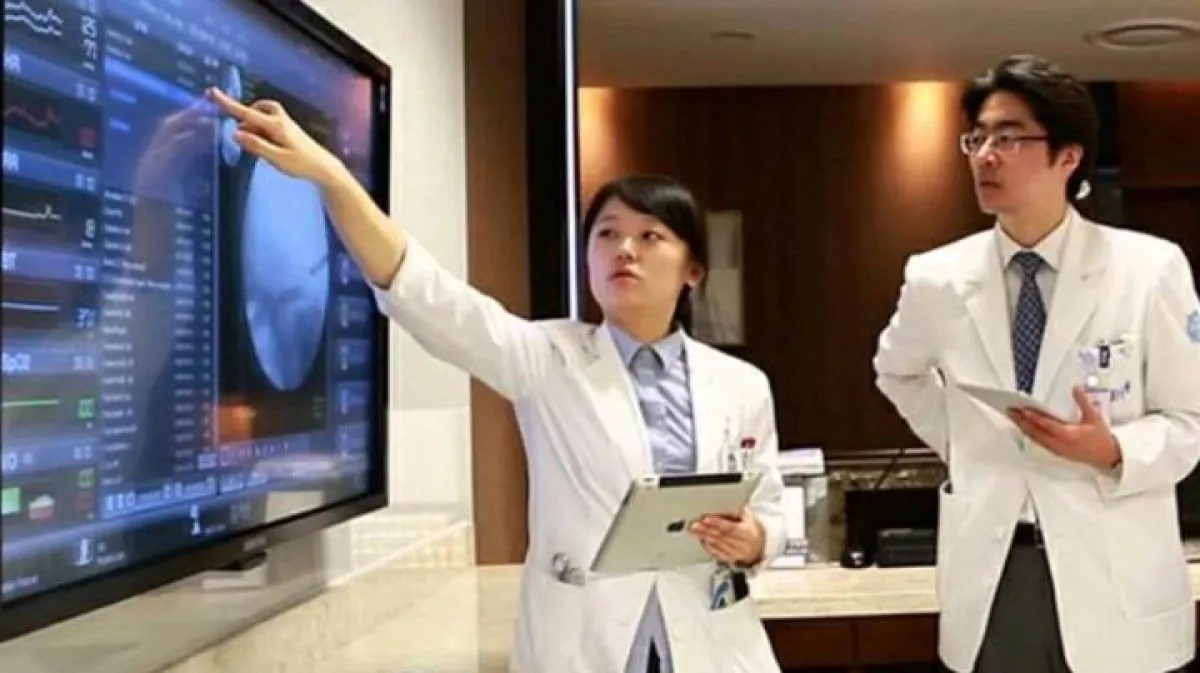Uzbekistan and Korea expanded cooperation in medicine

The delegation of the Ministry of Health of Uzbekistan successfully completed its visit to South Korea. This was reported by Upl.uz.
During this visit, a number of strategic agreements aimed at modernizing our country's healthcare system were reached. As an important outcome, an agreement was signed to train 20 Uzbek specialists annually free of charge at leading Korean clinics that meet international standards.
During the visit, ministry representatives closely acquainted themselves with the advanced experience of South Korean medicine. Special attention was paid to the activities of the Bundang Clinic of Seoul National University.
This institution has 2,300 beds and receives approximately 8,500 patients daily. The clinic is equipped with modern laboratories, a telemedicine center, 3D training halls, and virtual simulators for developing complex surgical skills.
The parties outlined specific steps to develop cooperation in high-tech fields such as robotic surgery, oncology, telemedicine, and digital medicine. Additionally, they agreed to collaborate not only in training doctors but also nurses and engineers specializing in the repair of complex medical equipment.
This serves to create a comprehensive system that enables the effective introduction of advanced technologies in Uzbekistan. The delegation did not limit itself to visiting clinics but also participated in an international conference held at Kyungpook National University.
There, prospects for joint educational programs for training mid-level medical personnel were discussed. Productive meetings were also held with the leadership of Changwon National University, the Asantek scientific group, and SD-biosensor, a manufacturer of rapid diagnostic devices.
Uzbek representatives also familiarized themselves with the activities of the Inje University Clinic and the Faculty of Biotechnology at Yonsei University. One of the most significant events was a meeting with the president of the South Korean International Health Foundation, during which the agreement to train 20 specialists annually free of charge was finalized.
This agreement lays a solid foundation for improving the qualifications of Uzbek medical specialists and introducing modern medical practices in our country. The Korean side expressed readiness to expand cooperation programs in the healthcare sector for 2026–2028.
This cooperation is expected to provide new impetus for the development of medical education, experience exchange, and the introduction of innovative technologies into the healthcare system. Collaboration in robotic surgery will enable performing the most complex operations with minimal intervention.
The surgeon controls small instruments using a special console, ensuring high precision unattainable by human hands, significantly reducing the patient's recovery time. This technology will play an important role in offering advanced medical services in our country.

